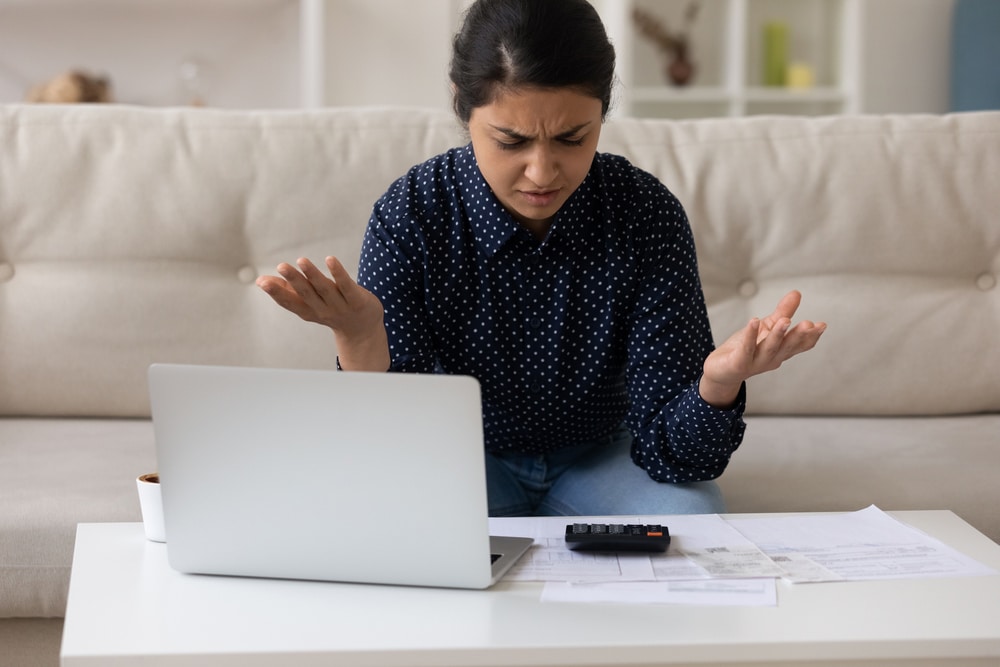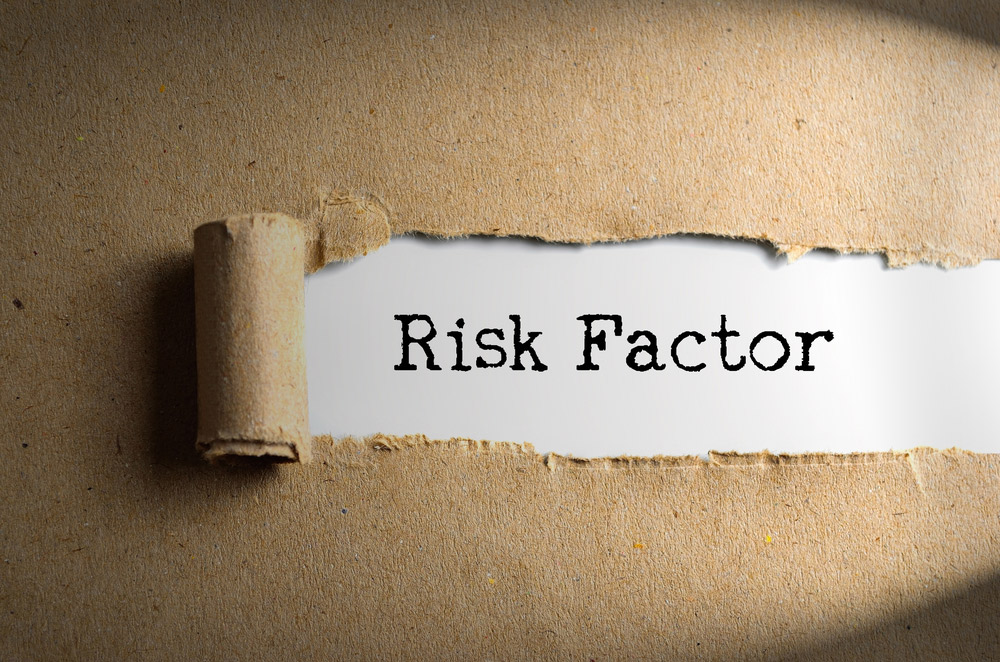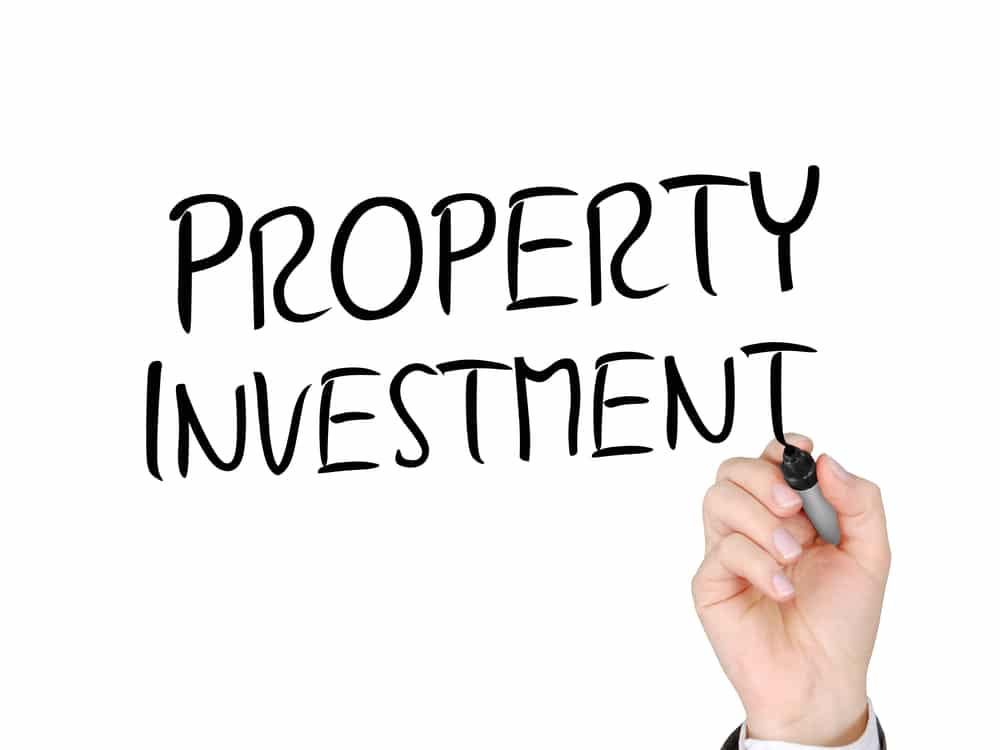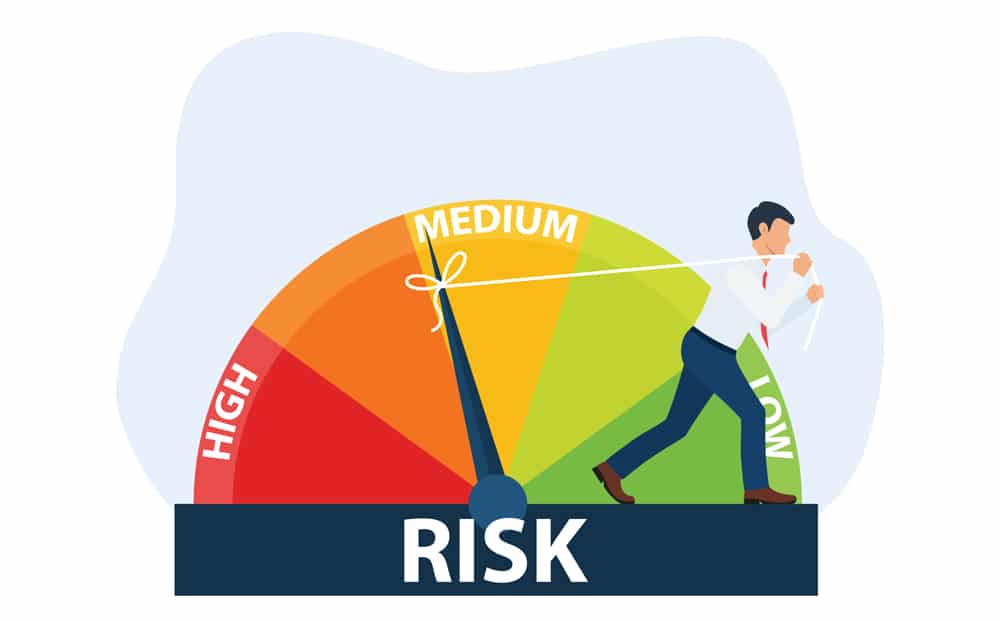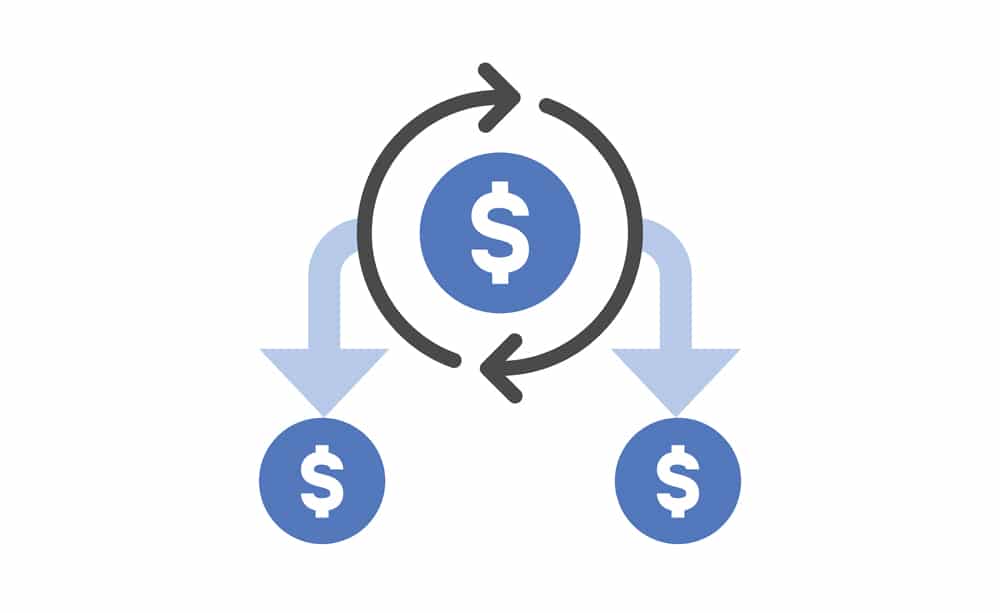
The All Monies Mortgage Clause – What You Need To Know!
Here’s a question for you – when you signed your bank loan agreement to secure funds for a mortgage, did your contract contain an all monies mortgage clause?
Regardless of whether or not the answer is yes or no, all property investors must understand the all monies mortgage meaning, and how they can avoid the risks associated with it.
In most typical cases, getting a mortgage with a bank for personal or investment purposes is fairly straight-forward.
You simply go through a lender or mortgage broker who does all the checks and measures to determine if you qualify for the loan and then BOOM, you sign on the dotted line and suddenly you’re a homeowner – congratulations!
Accept, what did you actually sign? Are you 100 per cent across all of the terms and conditions of the agreement?
For example, did you know that the money in your bank account used for direct debits, or all of the money sitting in your offset or redraw accounts – AND even the funds due to you at settlement or any payments made in advance, can actually be kept by the bank.
Yes, that’s right….the bank can potentially keep it under the all monies mortgage clause.
WHAT IS AN ALL MONIES MORTGAGE CLAUSE?
An all monies mortgage clause in Australia lets your lender use your home as security against any other debts you may have with that lender.
An all monies clause example is that you have a mortgage with a lender. You then apply for a credit card with that same lender. If you happen to default on that credit card, your home could technically be at risk because that mortgage extends over to all debts you have with the bank.
It’s quite common when you start out as a property investor to use the same bank you used for your Primary Place of Residence (PPR), for your property investment loans.
You know them, they know you – they have your savings, you use their credit cards, it’s all one log-in and easy to transfer money between accounts.
Sounds OK right? WRONG.
If you set up your lending like this you may encounter the all monies mortgage clause.
THE RISK OF CROSS-SECURITISATION
What this means is that all your money with the bank can be used to cover any shortfalls on any lending valuation you have with the bank.
So how do they do this? They do it by what is commonly known as cross-securitisation or cross-collateralisation.
What does this mean for you?
It means the bank will use equity in the higher valued property, often your own home, as the security to buy your next property. Sounds good doesn’t it as you don’t have to come up with as much money for a deposit.
Cross-collateralisation could seem attractive for many Aussie homeowners, with recent property values having soared over the last couple of years. That means there’s an abundance of equity sitting in the market place and putting it to good use by buying an investment property is a smart choice for future financial freedom. But tying everything up with one bank is what could lead to later pitfalls.
Here’s what you need to know…
By using this strategy, eventually, you get to a point where the bank will stop lending you money.
In extreme cases, when you sell one of your properties, the all monies clause lets your bank take proceeds of that sale and apply it to your other loans. They do this to decrease their liability so the bank has less financial risk by decreasing their exposure.
HOW THE ALL MONIES MORTGAGE CLAUSE COULD IMPACT YOU
Don’t think this could impact you? The truth is, it could. According to ASIC (the Australian Securities and Investment Commission) between 2012 and 2017 almost 550,000 credit card accounts were in arrears.
An article by the Australian Broker further confirmed that an “additional 930,000 were considered persistent debt and 435,000 account holders were only making ‘small’ repayments”.
The reality is that many Aussie’s carry high levels of debt, and the bank can pounce any time that they want to claim it back if you’ve signed an agreement with an all monies mortgage clause.
If the Covid-19 pandemic taught us anything, it’s that people’s financial position can change very quickly. Almost overnight, many regions around Australia were put into a snap lock down which put hundreds of thousands of people in a predicament where they could not work.
Sadly, because of this, jobs were lost. The hardest part was that so many Australians were caught out financially as they did not have the buffers or savings in place to go the distance required to remain secure throughout this period.
AUSTRALIA’S DEBT CRISIS
Lack of safety buffers combined with the high levels of personal debt that the country carries is putting people at risk.
In fact, according to Finder.com.au, when it comes to global comparisons of household debt, Australians rank fourth highest in the world next to Denmark, the Netherlands and Norway.
Furthermore, the website says that as of 2016, Australia’s total personal debt was around $2 trillion and the average Australian household owed $250,000. This debt can be broken down into the following categories of mortgage and investor debt, personal debt, student debt and credit card debt.
Now of course, there is a big difference between good and bad debt which you can learn all about here. However, the moral of the story is that if something unexpected happens (and in life it does), and you can not service the current debt you hold – under the all monies mortgage clause, you’re left fully exposed and potentially compromised.
HOW TO AVOID FINANCIAL LOSS
Real estate investing can be your biggest asset but also expensive, time-consuming and stressful when you get it wrong. This is why success starts with a strong team who can fully back you to make substantial gains.
These people are specialists who can explain the key areas of risk and how to safely mitigate it in order to build and manage your portfolio.
Areas such as the all monies mortgage clause are just some of the issues people trip up on without properly understanding key aspects of the property process, including areas such contractual agreements that can have a huge impact down the line without people realising.
To avoid these kinds of mistakes, at Positive Real Estate we always advise you have the following people on your team:
– A property strategist expert (the captain of your team – a coach, mentor, investor and advisor who understands your big picture strategy)
– A finance expert
– An acquisitions expert
– A property management expert
– An accounting expert
– A financial planning expert
Whether it’s an all monies mortgage bank clause, or a different area of real estate – you want to know that there are experienced people out there who have your back and can support you throughout the process.
WHAT THE ALL MONIES MORTGAGE CLAUSE CAN TEACH PROPERTY INVESTORS
The lesson?
Know how to be safe with your money. Know when, what and how to cross securitise your portfolio safely OR better still, don’t do it at all.
The way you structure your finances and seek professional help can put you in a position where you’re not vulnerable or at the mercy of the banks. The all monies mortgage clause is just one of many things to watch out for when applying for a loan.
The most important thing you can do today to protect the future of your property investments (or potential ones) is to get educated.
Join our free property investment seminar where you’ll learn the foundations of real estate investing and understand how it can contribute massively to your financial freedom.
Spaces are limited in each session so secure your spot now.
Recent Articles
10 Property Investment Tax Mistakes To Avoid
Tax isn’t often one of those conversations that give investors the warm fuzzies, especially when we’re talking about the 10 property investment tax mistakes to avoid! But it’s important that property investors reframe their thoughts around tax. Owning real estate can actually be incredibly tax effective – in fact some might say tax is a secret weapon for property investing.
How Lenders Assess Valuation Risk Factors When Financing
Ever thought you’d picked an absolute winner of a property only for the bank to come back with a list of valuation risk factors? It’s more common than you think, particularly in a rising market where values fluctuate so much that our ideas of what a property is worth actually start to disconnect from what a valuer sees.
Tips For Buying An Investment Property
Have you decided to take the property investment journey but are feeling clueless as to how to actually board the train? We’re going to give you our top five tips for buying an investment property in 2022 to help point you in the right direction!
Is Property Investment a Good Investment Asset for You?
Why is property investment a good investment? Why not invest in shares or bonds instead? Which investment is the most secure? If you’ve come to a crossroads in your life where you’re ready to start building your wealth but questions like these are bouncing around your head, then it’s time to sit down and start your education on investing.
Buying an Investment Property Before a First Home in Australia?
Owning property has always been part of the great Australian dream. A lot of people want a place to call their own, with stone benchtops, the latest appliances and a great entertaining deck out back. So, when interest rates hit a record low in the last couple of years and it suddenly started to cost the same to own as it does to rent, why wouldn’t you have just bit the bullet and bought your own home?
The Ins and Outs of Real Estate Risk Management
If you’re new to property investing, what is your risk profile and how do you plan to handle it? Real estate risk management is essential to quashing those all-encompassing fears that can follow investing…
Positive Cash Flow Property – Ultimate Guide 2023
If you want to become a superstar property investor and be on the path to financial freedom, then you’re going to need this guide to investing in positive cash flow properties! Investors that follow a positive cash flow strategy understand that living off passive income is the key to an early retirement – and the only way to do that is to make our money work for us, not against us.
House Vs Apartment Investment – Which Is Better?
These days property comes in all shapes and sizes, giving property investors more options than ever before. The question on everyone’s lips when it comes to the house vs apartment investment equation, is how do you truly know which is better?
How You Can Be 3-7 Years Away From A Multi-Million Dollar Property Portfolio
Using real estate to become a successful property investor is underpinned by one very important philosophy – profits are better than wages. The goal of property investors in the market is to target optimistic returns. However, this does beg the question – if property investing is such a smart and lucrative profit making machine then why don’t more people do it?




